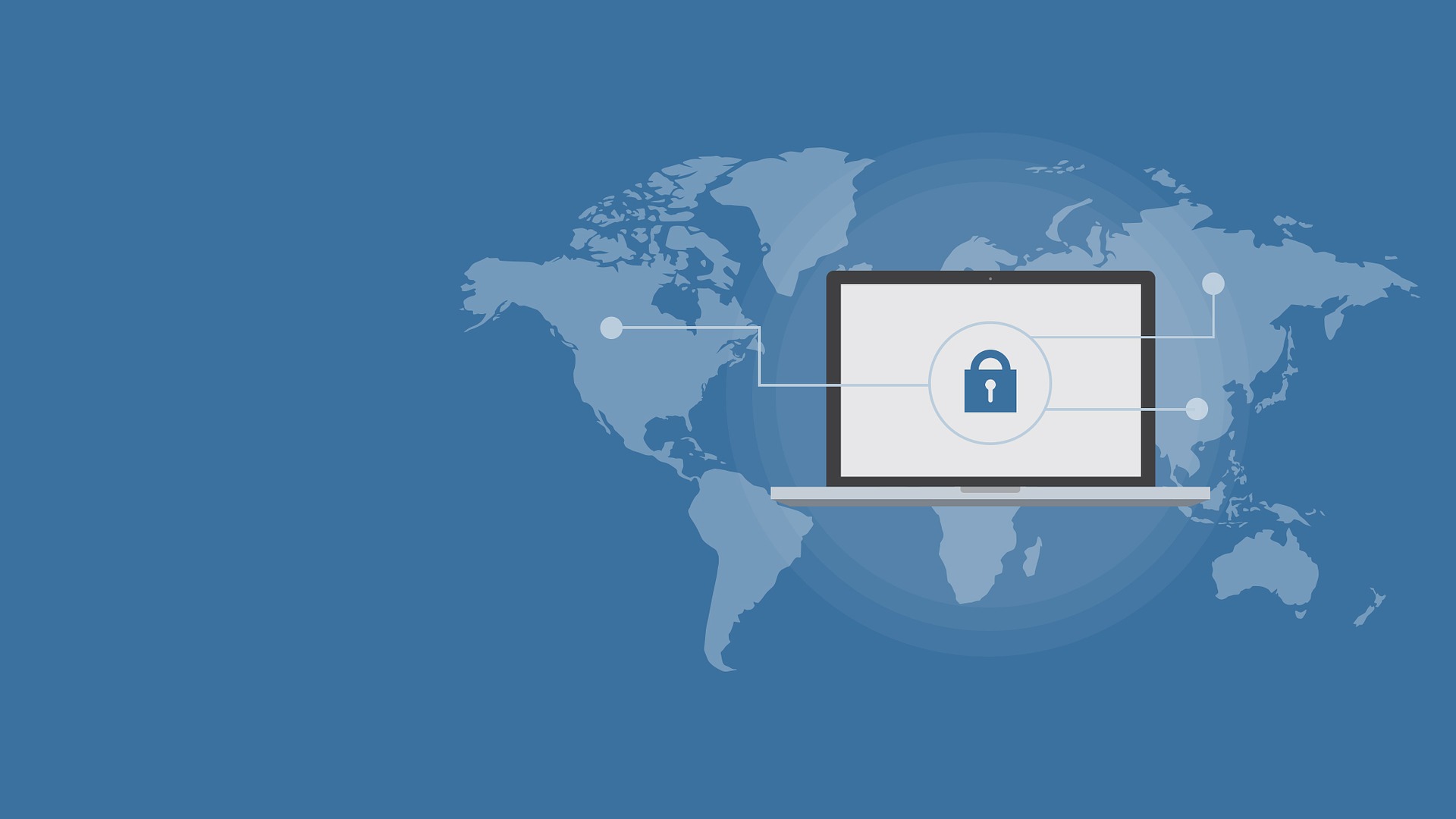Why a VPN could be your best friend online
Anchor Free CEO tells us about the role VPNs can play in helping users stay safe online

VPNs are becoming an increasingly common tool for users across the world looking to stay protected online, but the platforms can do much more than just ensure reliable internet access.
Following the recent social media ban in Iraq by a government cutting down on public protests, VPNs proved vital to citizens looking to get back online.
We spoke to David Gorodyansky, CEO of privacy experts AnchorFree to find out how it is helping support this fight for online freedom with its Hotspot Shield VPN, which recently celebrated passing 600 million installs.
- 600 million is a huge milestone - does that number make of AnchorFree the biggest VPN company in the world?
We have 600M installs of Hotspot Shield, meaning we sit on 600M devices, this is not the same as users, since one user can have multiple devices. The usage is in 190 countries globally. Up until about 2 years ago, most of our growth was in emerging markets, but over the last two years the US has become our #1 market with Hotspot Shield being the only security and privacy product among the top 50 apps in overall downloads on the US Apple App store.
- What do you see as the biggest threats to online privacy now and going forward?
Security and Privacy threats are growing exponentially with hackers, corporations, and governments having a key interest in exploiting user data.
Phishing attacks that hackers use to steal financial information from users are rising incredibly fast, at the same time corporations like Comcast, Facebook, etc. are not only selling user data, but are also buying and trading user data with others (treating users as a commodity), and governments across the world are continuing to exploit user data for their own reasons. We see high profile events like the Equifax hack, Yahoo getting hacked, and the FCC allowing Internet Service Providers to collect and sell user data as really concerning.
All of these trends are focusing user attention on the need to take control over their security and privacy out of the hands of hackers, corporations, and governments and into their own hands. The challenge to the security industry is to make that very easy to do. At AnchorFree, we are designing privacy and security solutions that are as easy to use as clicking a like button on Facebook. We believe that privacy and security are basic human rights and we want to enable these basic human rights for every user on the planet.

- What do you see as the biggest threat to the very existence of VPN?
Not all “VPN” products are created equal. Most VPN products run on open source legacy technology that is extremely slow. Slow performance is the biggest threat to VPNs, as both users and business shy away from using VPN products that slow down their user experience.
That is why AnchorFree, built its proprietary Hydra protocol for enhanced performance. In a recent test conducted by an independent security and performance auditor, AV-Test, Hotspot Shields’ performance was #1 in the industry and was 4x faster than Cisco.
- AnchorFree has been hit by its own issues, the two latest being the complaint about ad injection into browsing sessions and a bug discovered earlier this year. What steps have your company taken to mitigate and solve these problems?
Any bugs that are identified by our engineers or outside researches are immediately fixed. We do not do ad injection. We actually don’t serve ads on iOS, Mac or Windows, the only platform where we have ads is Android and they are not injected, but rather served from our Android app for users that use the app for free. We serve no ads to paying users.
AnchorFree has actually been incredibly transparent around the way we handle user data and mainly about the fact that we protect the user’s IP address and browsing, not only from the bad guys, but also from ourselves (meaning we do not collect this information).
We are one of the very few companies that actually issued a public Transparency Report that showed that from many requests for information, AnchorFree has provided zero information simply because it did not have anything to provide.
- How do you see VPN and privacy technologies evolving over the next decade?
Two major trends are going to happen over the next three to five years. 1. 5 billion new users will join the Internet moving from feature phones to smartphones.
Many of these users will be in countries around the world where privacy and security will be a matter of liberty and life. 2. 25 billion + IOT devices will be connected to the Internet and these devices will communicate to the internet everything from how well we sleep to what we eat.
Data from these devices will be a goldmine for hackers and the need to protect the privacy and security of these devices will be core for millions of users around the world. I see VPN and privacy technologies evolving to address these challenges over the coming years.
Currently one area that we are actively exploring is using our technology to preserve net neutrality, by enabling app developers to integrate our SDK that prevents ISPs from seeing the app developer’s traffic and discriminating against that traffic in any way.
Sign up to the TechRadar Pro newsletter to get all the top news, opinion, features and guidance your business needs to succeed!

Désiré has been musing and writing about technology during a career spanning four decades. He dabbled in website builders and web hosting when DHTML and frames were in vogue and started narrating about the impact of technology on society just before the start of the Y2K hysteria at the turn of the last millennium.